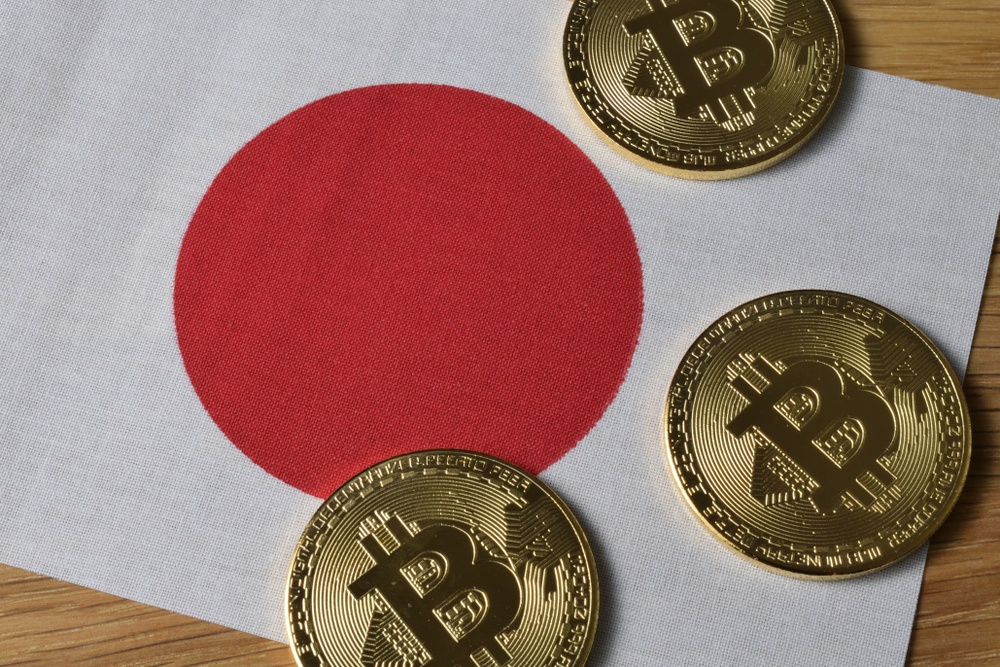Japan Bootstraps Regulated SWIFT-Like Global Crypto Payments Network

In an effort to fight money-laundering, Tokyo is reportedly building a global network for crypto payments. | Source: Shutterstock
Japan is set to further its pioneering spirit when it comes to cryptocurrency. The Japanese government is currently developing an international cryptocurrency payments network similar to the SWIFT network currently used by banks, Reuters reports.
Japan Leads Crypto Into the Mainstream
The Japanese plan is ostensibly designed to counter money laundering fears digital currencies have given rise to among governments worldwide. A few days ago, U.S. Treasury Secretary Steven Mnuchin told reporters:
“Cryptocurrencies such as bitcoin have been exploited to support billions of dollars of illicit activity like cyber crime, tax evasion, extortion, ransomware, illicit drugs, and human trafficking.”
He added that Facebook’s Libra “could be misused by money launderers and terrorist financiers.”
The Financial Action Task Force (FATF ) is said to have approved the Japanese plans in June. The network was originally proposed by Japan’s Ministry of Finance and the Financial Services Agency (FSA). The FSA is intent on having the network operational within five years, in cooperation with FATF.
Swiftly Disrupting Legacy Payments Networks
SWIFT, or the Society for Worldwide Interbank Financial Telecommunication, operates a network enabling financial institutions around the world to send and receive information about financial transactions in a secure, standardized, and reliable environment. Founded in 1973, SWIFT dominates international interbank messages. Linking more than 11,000 financial institutions in more than 200 countries and territories worldwide, the company services roughly 32 million messages a day.
Japan has historically been the most friendly jurisdiction for cryptocurrencies, being the first to recognize virtual currencies as a means of payment in 2017. Tokyo was home to the largest early crypto exchange, Mt. Gox, which was notoriously hacked in February 2014, forcing it to shutter services.
With Facebook’s crypto ambitions forcing regulators to face the challenges posed by digital currencies, and a forthcoming G7 finance ministers’ meeting in France this week, the role cryptocurrencies will play in the future of finance has become an increasingly heated topic of debate.
Whether Japanese plans to place a regulatory framework around the sector to ring-fence it from risk will succeed remains to be seen. But the innovative Northeast Asian nation has always maintained a favorable view of virtual currencies and their promise.
Advocates of decentralization, however, are traditionally resistant to efforts to regulate the sector. Decentralization and censorship resistance have always been central to the ethos of cryptocurrencies.
FATF and U.S. regulatory skepticism may force the hand of crypto into the orbit of government oversight, however, both to counter money laundering and protect consumers in a world where legacy banking is slowly giving way to more innovative financial services players. It could well be Japan, however, that leads the way.